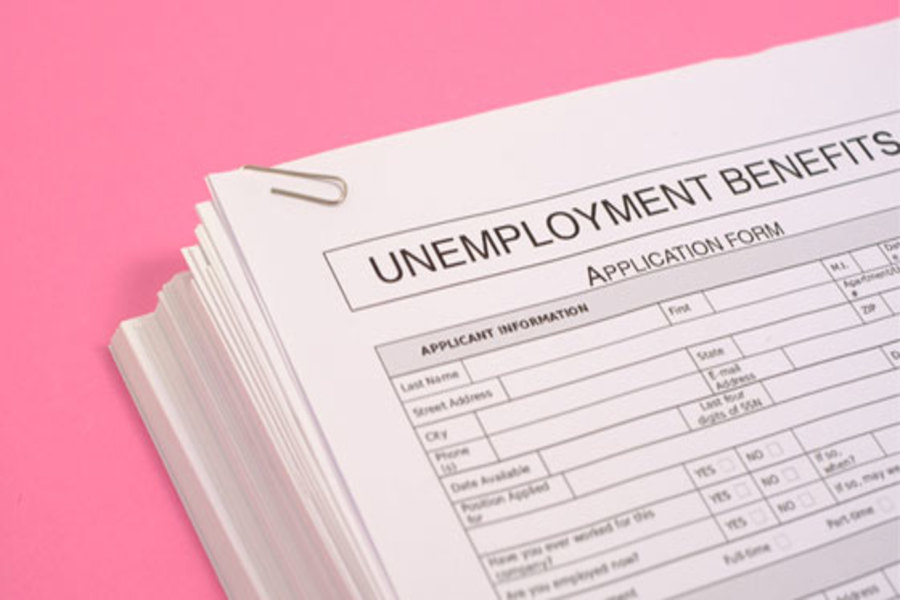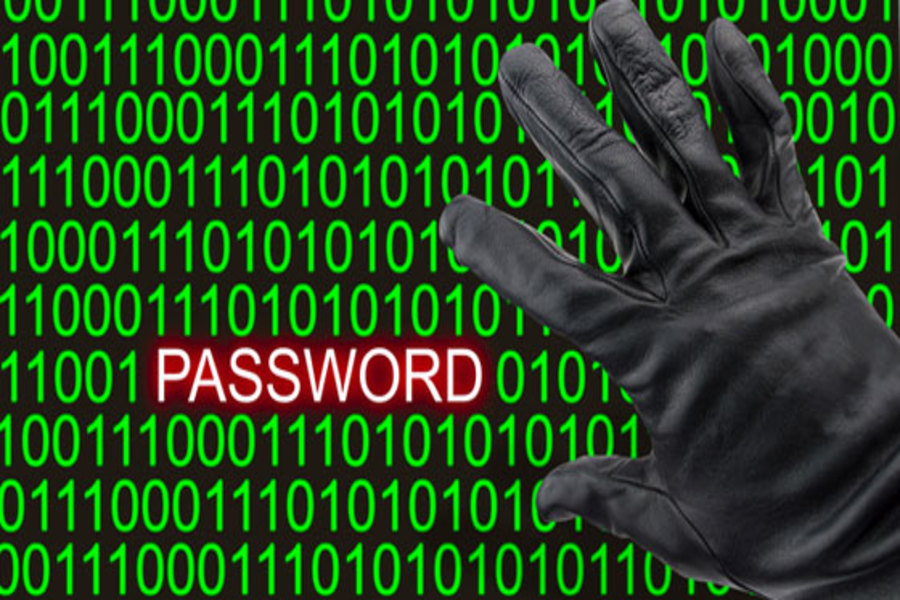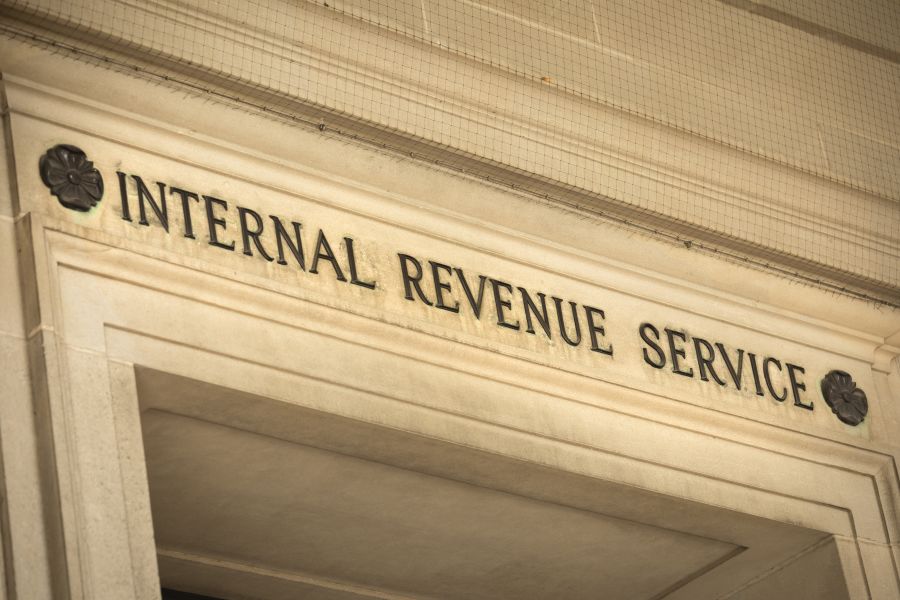Because the average investment account boasts a much larger balance that a typical checking or savings account, cybercriminals are particularly interested in hacking them. Financial institutions are largely responsible for ensuring the security of these accounts, but business customers and consumers also should adopt defensive measures. Here are five recommendations for how to protect your investment accounts from fraud. Select two-step authentication. Most financial service providers give customers the option of using a two-step verification process to prevent unauthorized access to their accounts. A two-step approach requires you both to log in to your account with a password and to verify your identity with, for example, a one-time code sent to your mobile phone. Choose complex and unique passwords. Criminals often gain access to bank...

When Congress authorized an additional $600 in monthly unemployment benefits as part of the CARES Act, out-of-work Americans weren’t the only ones it helped. Criminals have descended like locusts on state unemployment insurance agencies. How fraudsters steal unemployment benefits is by using stolen identities to fraudulently claim both standard benefits and the additional funds administered by the Pandemic Unemployment Assistance (PUA) program. States have lost hundreds of millions of dollars. Individuals have also suffered, as government efforts to control fraud have clogged up benefit systems and delayed payments to the jobless. States struggle Washington state was the first to experience a COVID-19 outbreak and has since estimated losses of $650 million to unemployment insurance fraud. According to the Secret Service, a scam was detected when someone noticed...
With cyberthieves active during COVID-19, the Internal Revenue Service and its Security Summit partners today urged tax professionals and other business owners to review critical security steps to ensure they protect customer data when working virtually. Many tax professionals and other businesses have expanded telework options this year as firms and other businesses work to keep personnel safe, practice recommended safety guidelines and use technology to serve their clients/customer virtually. (This post is excerpted from IRS Information Release (IR) 2020-167 issued 7/21/20.) During this period, the Department of Homeland Security's Cybersecurity and Infrastructure Security Agency (CISA) have urged organizations to maintain a heightened state of alert as cybercriminals seek to exploit Covid-19 concerns. To assist businesses with the security basics, the IRS, state tax agencies and nation's tax...
Unlike some legitimate businesses, organized crime enterprises can be expected to weather the current COVID-19 crisis. In fact, with millions of Americans now working from home, organized crime-related cyber fraud — including phishing schemes and ransomware attacks — has grown exponentially. Organized crime has adapted to COVID-19. If you haven’t done so recently, it’s important to review and possibly upgrade your company’s cybersecurity plan now. But how else can you protect your business and employees? Pivot gracefully To adapt to the new environment, many companies are making changes to their business models. If you’re in the process of pivoting, be sure to factor in potential fraud. View your company through the eyes of a criminal. This means that for each proposed change, you should map out processes...
(As posted to IRS.gov on 7/16/20) Via IR-2020-160, the Internal Revenue Service today announced its annual "Dirty Dozen" list of tax scams for 2020 with a special emphasis on aggressive and evolving schemes related to coronavirus tax relief, including Economic Impact Payments. This year, the Dirty Dozen focuses on scams that target taxpayers. The criminals behind these bogus schemes view everyone as potentially easy prey. The IRS urges everyone to be on guard all the time and look out for others in their lives. "Tax scams tend to rise during tax season or during times of crisis, and scam artists are using pandemic to try stealing money and information from honest taxpayers," said IRS Commissioner Chuck Rettig. "The IRS provides the Dirty Dozen list to help raise awareness...
With COVID-19 still raging in much of the country, the opioid crisis may not be the top public health challenge on most Americans’ minds. But according to the American Medical Association, the pandemic has led to an increased number of opioid-related deaths in 35 states. It’s not just drug dealers, street gang members and habitual criminals who profit from opioid addiction. “Reputable” professionals, including some doctors, practice managers and pharmacists, have also participated in money laundering schemes that enable illegal opioid distribution. Some background Activities which enable illegal opioid distribution are frequently tied up in money laundering, which is defined as the act of concealing proceeds obtained from illegal means by funneling it through legitimate sources. The first law directly focused on this activity, the Money Laundering Control...
Skimming isn’t the biggest fraud threat for most businesses. The theft of cash receipts represents only 11% of asset appropriation schemes, according to the Association of Certified Fraud Examiners’ 2020 Report to the Nations. But with a median loss of $47,000, your business will likely feel the pain if it becomes a victim of skimming. That said, skimming losses can be significant. Here’s what you need to know to prevent it. Usual tactics Skimming occurs when an employee steals an incoming payment before it’s recorded. In the most basic skimming scheme, a worker sells goods or services to a customer, collects payment and pockets the money without recording the sale. If the customer receives goods but no sale is recorded, skimming will cause a discrepancy between physical...
New technologies, including artificial intelligence and machine learning, increasingly are being applied to the old problem of occupational fraud. But in most circumstances, common accounting tools — “variance analysis” and “contribution margin” — remain effective in uncovering possible evidence of theft. Gaps and absences After your organization finalizes its annual budget, you may perform a variance analysis, reviewing differences between actual and budgeted performance. If, for example, actual wages significantly exceed budgeted wages, the difference could be due to such factors as wage increases, productivity declines or greater downtime. But it could also signal phantom employees on the payroll. Fraud experts pay particular attention to variances related to inventory and purchase pricing. Supply-related variances could indicate the existence of kickbacks. Or they might suggest fictitious vendors —...
Family businesses make up the vast majority of companies in the United States and produce 62% of the country’s gross domestic product, according to the Conway Center for Family Business. Generally defined as companies that are majority owned by a single family with two or more members involved in their management, family businesses can be a significant source of wealth. But they also potentially face higher fraud risk. Recent research published in the Journal of Business Ethics found that auditors assess the risk of fraud in the family business as higher than for non-family businesses. Here’s why, and how you can reduce that risk. Major obstacles involved Why might family businesses be more vulnerable to fraud than other companies? For one thing, prevention efforts can be hampered...
Machine learning increasingly is being used to discover fraud schemes. Smart software can find fraud. With this type of artificial intelligence (AI), the technology learns or improves in accuracy through experience, rather than through additional programming. If you already use AI in your business, you’re probably somewhat familiar with how machine learning works. But here’s a quick overview of its application in fraud detection. New approaches needed More and more, businesses rely on digitization to deliver the goods and services their customers want. Unfortunately, digitization also makes it easier both for cybercriminals and stakeholders, such as employees, vendors and customers, to steal. Preventing fraud in the digital age requires new approaches. Machine learning is one such approach. Traditional rules-based fraud detection software flags transactions — such as...











